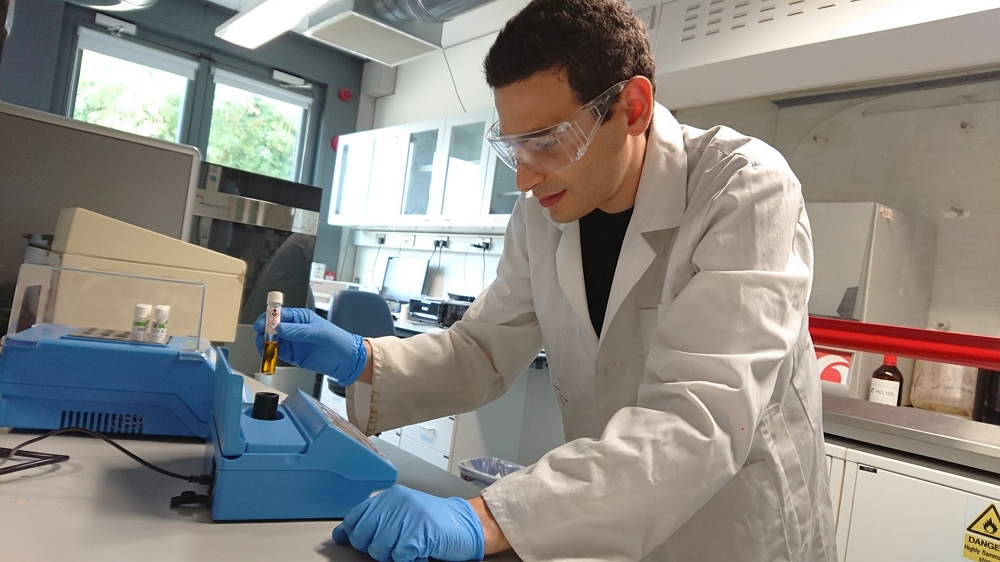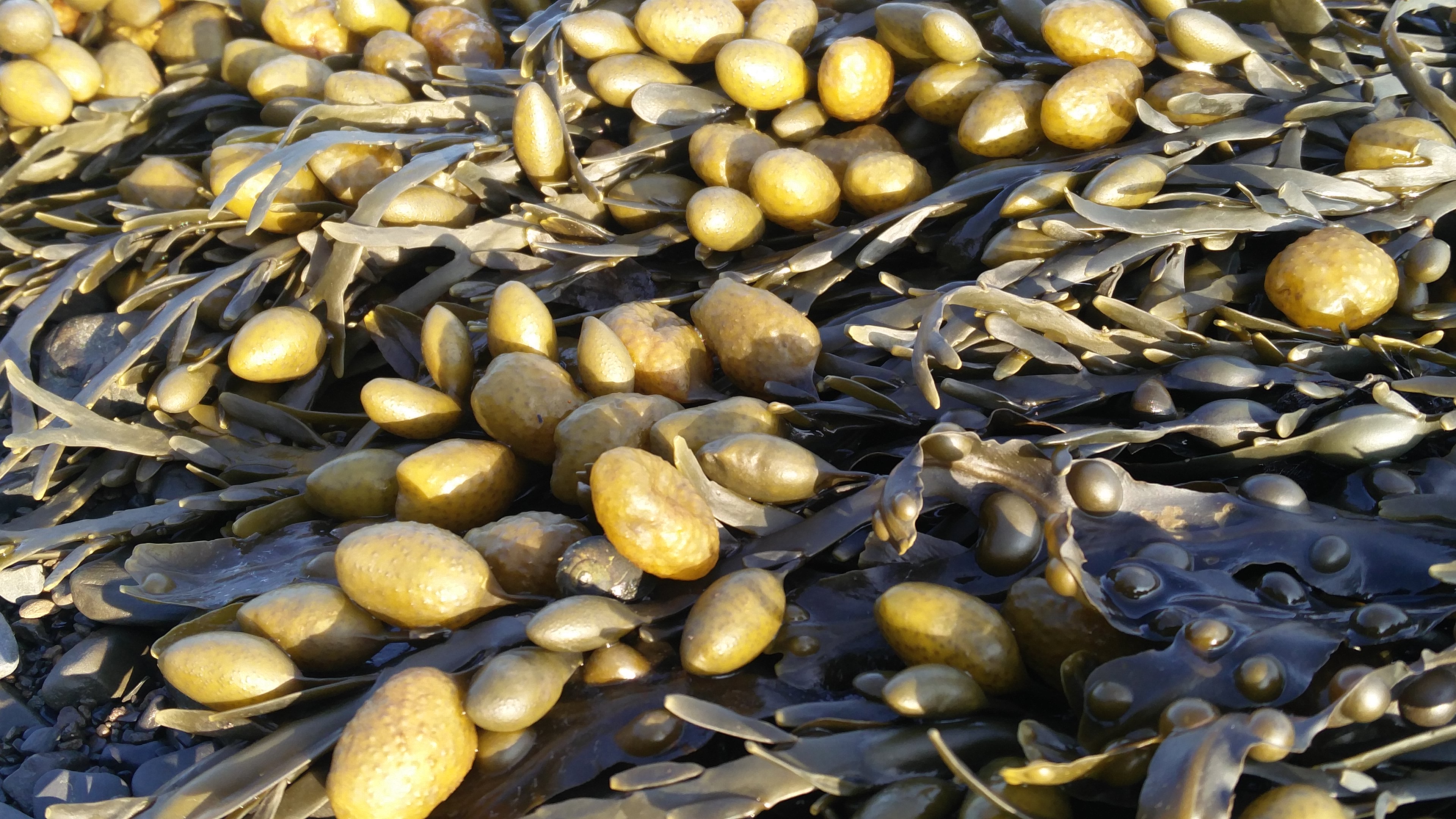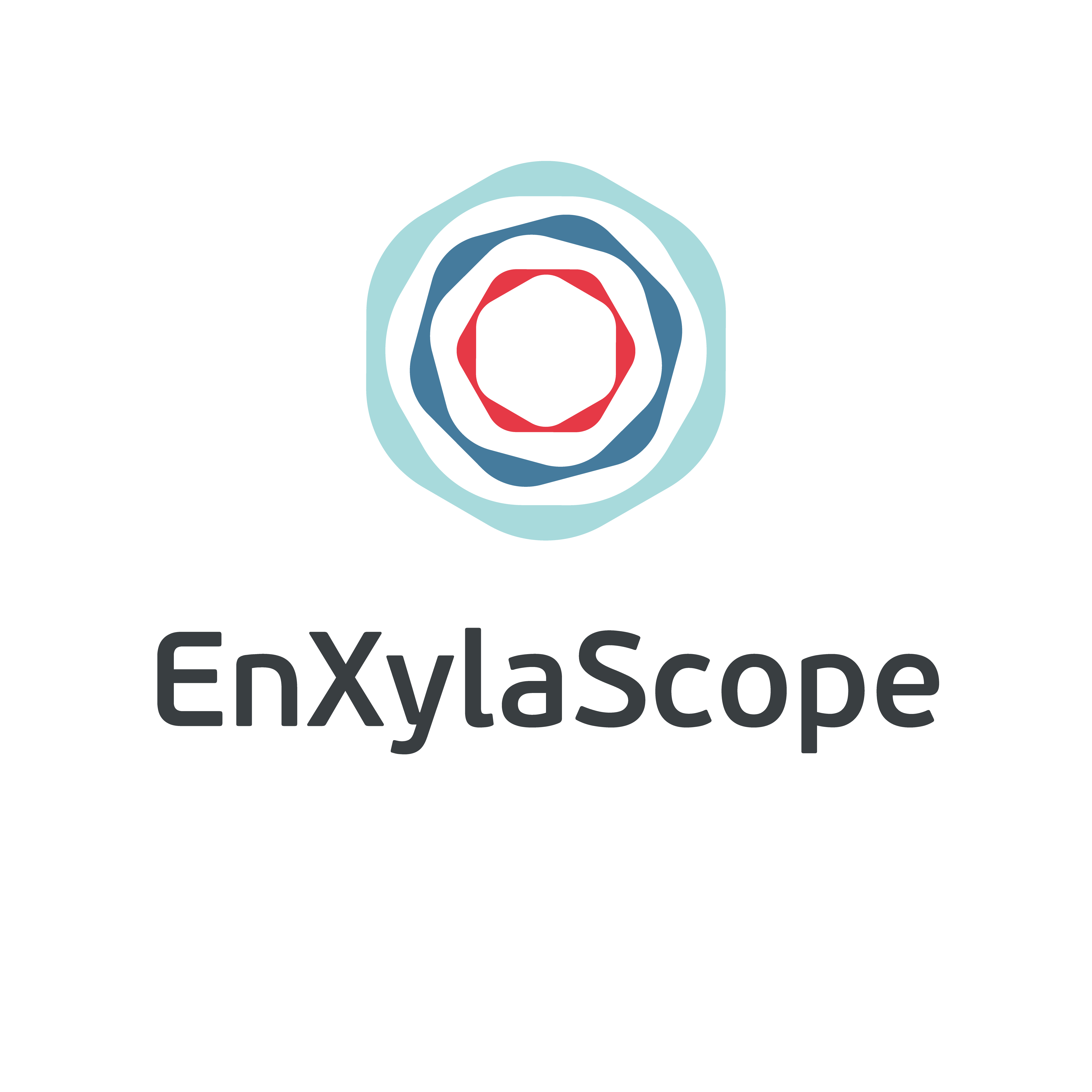Biomass Feedstocks
Biomass is a broad term and can cover any plant or plant-derived biodegradable material. For example, trees are one example of a biomass feedstock,
as is paper, a bioproduct often derived from wood.
When biomass is used for the production of biofuels the biofuels are often classified as either being first generation or second generation. Each biofuel type uses a different biomass group for its production.
First generation biofuels are dervied from food or oil crops. Examples include ethanol (sourced from the starch in crops such as wheat and corn/maize and from the sucrose in crops such as sugar beet and sugarcane) and biodiesel (sourced from oil-bearing crops such as rapeseed and sunflowers).
Second generation biofuels are sourced from lignocellulosic biomass. The term lignocellulosic is used to describe material that is mostly composed of cellulose, hemicellulose, and lignin. Lignocellulosic biomass is the most abundant type of biomass and includes a wide variety of different biomass types including grasses, wood, energy crops, and agricultural and municipal wastes.
When biomass is used for the production of biofuels the biofuels are often classified as either being first generation or second generation. Each biofuel type uses a different biomass group for its production.
First generation biofuels are dervied from food or oil crops. Examples include ethanol (sourced from the starch in crops such as wheat and corn/maize and from the sucrose in crops such as sugar beet and sugarcane) and biodiesel (sourced from oil-bearing crops such as rapeseed and sunflowers).
Second generation biofuels are sourced from lignocellulosic biomass. The term lignocellulosic is used to describe material that is mostly composed of cellulose, hemicellulose, and lignin. Lignocellulosic biomass is the most abundant type of biomass and includes a wide variety of different biomass types including grasses, wood, energy crops, and agricultural and municipal wastes.
At Celignis our core expertise is in the accurate and precise analysis of lignocellulosic biomass. Our methods for analysis have been developed and refined over the last 10 years and we have expertise in
the application of these methods to a wide variety of biomass types. For example, our near infrared models, which allow us to provide
lignocellulosic data within one day of receiving the sample, have been developed on thousands of different biomass samples.
We also have extensive expertise in analysis of feedstocks that may be suitable for the production in biogas in anaerobic digestion.
We also have extensive expertise in analysis of feedstocks that may be suitable for the production in biogas in anaerobic digestion.
Examples of Biomass Feedstocks Analysed at Celignis
Seaweed (or macroalgal biomass) has garnered a lot of attention in recent yeard as a feedstock with high potential for the
production of energy, biofuels, and chemicals
through a biorefining approach.
Seaweed composition differs greatly from that of lignocellulosic biomass. For instance, while lignin forms a significant proportion of lignocellulose, it is absent in seaweed. The other two constituents of lignocellulose are cellulose and hemicellulose, however in seaweed hemicellulose is also absent and, whilst cellulose can be present in much smaller amounts, different polysaccharides predominate. At Celignis we have a lot of experience in the analysis of seaweed and have developed a number of custom analysis packages for this feedstocks. Click here to read more about these analysis packages.
Seaweed composition differs greatly from that of lignocellulosic biomass. For instance, while lignin forms a significant proportion of lignocellulose, it is absent in seaweed. The other two constituents of lignocellulose are cellulose and hemicellulose, however in seaweed hemicellulose is also absent and, whilst cellulose can be present in much smaller amounts, different polysaccharides predominate. At Celignis we have a lot of experience in the analysis of seaweed and have developed a number of custom analysis packages for this feedstocks. Click here to read more about these analysis packages.







